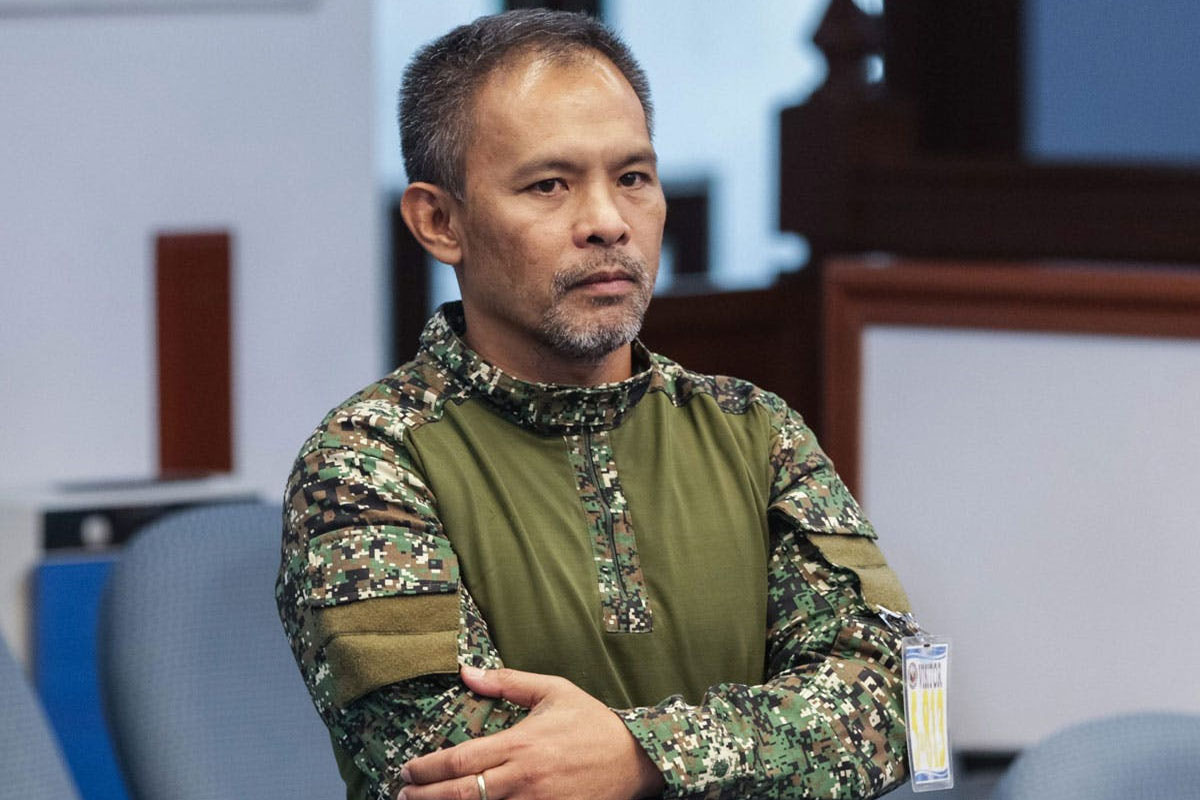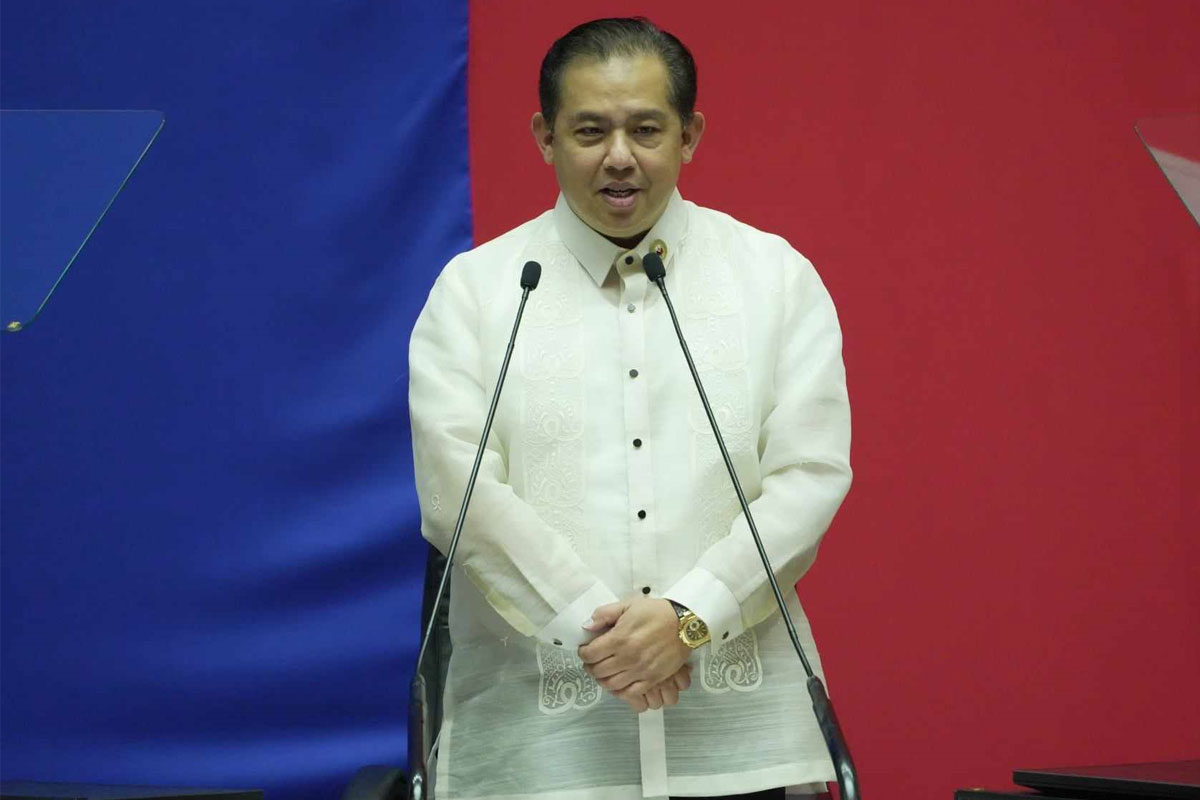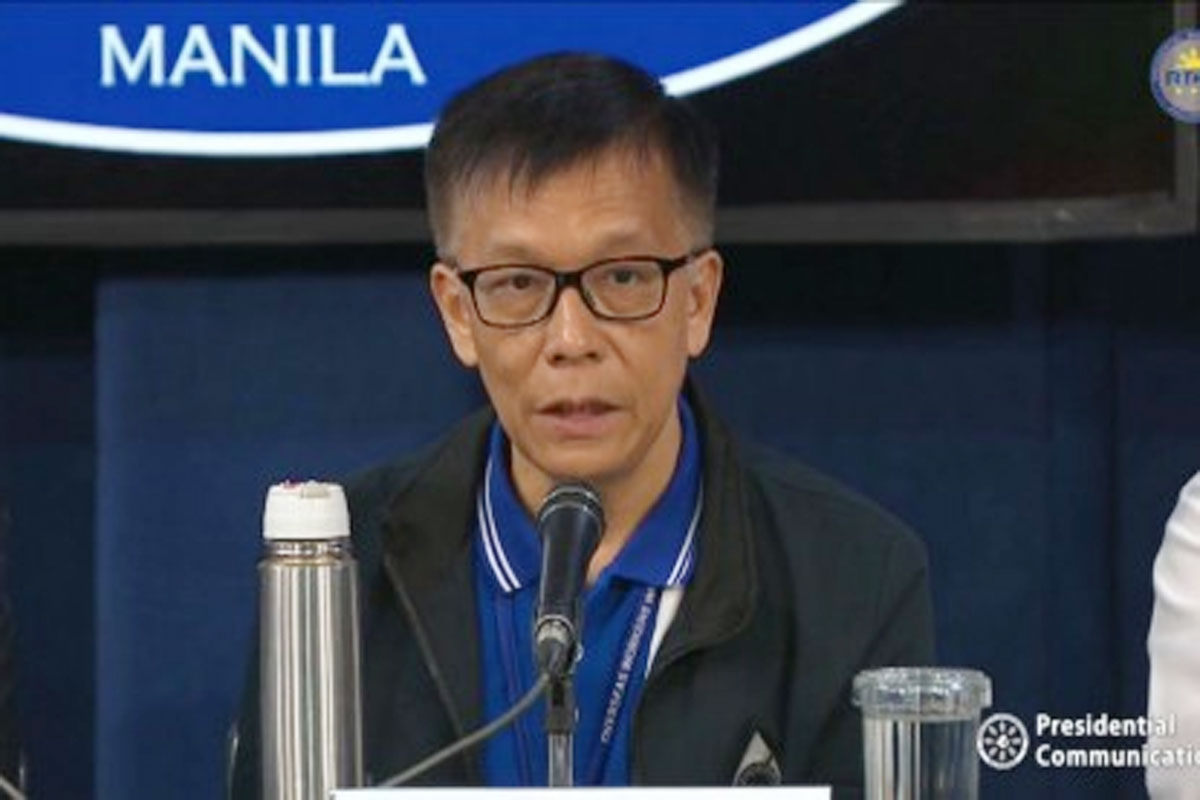
CAR cops turn to K9s, tipsters to locate secret MJ sites
 NEARLY P1 billion worth of fully-grown marijuana plants, seedlings and bricks have been destroyed by the Cordillera Police Regional Office so far this year, thanks largely to help being provided by civilian informants and K-9 or cannabis-sniffing dogs in the region, the Journal Group learned yesterday.
NEARLY P1 billion worth of fully-grown marijuana plants, seedlings and bricks have been destroyed by the Cordillera Police Regional Office so far this year, thanks largely to help being provided by civilian informants and K-9 or cannabis-sniffing dogs in the region, the Journal Group learned yesterday.
Last week alone, Philippine National Police (PNP) chief, General Dionardo B. Carlos said their ongoing ‘summer offensive’ against clandestine marijuana production sites in Cordillera resulted in the uprooting and burning of an estimated P5 million worth of fully-grown cannabis.
The prohibited crops were found growing in Barangay Buscalan in Tinglayan, Kalinga which can only be reached after hours of trekking. Cordillera policemen under Brigadier Gen. Ronald O. Lee have to be on full alert for presence of armed groups in the area each time they conduct anti-marijuana raids.
Gen. Carlos commended the Cordillera police force, the PNP Drug Enforcement Group headed by Brig. Gen. Randy Q. Peralta and the Philippine Drug Enforcement Agency under Director General Wilkins M. Villanueva for their continuing drive versus marijuana.
“I commend our combined forces from the PNP and PDEA as we continue our collaborative efforts to conduct massive marijuana eradication in the mountainous areas of Cordilleras. Let us also intensify our efforts in tracking down those responsible behind the planting and cultivation of these illegal substances and put them behind bars,” the top cop said.
Brig. Gen. Lee said they have discovered several secret cannabis sites in several parts of Kalinga, Mountain Province, Ifugao and Benguet with the help of their K-9 Team and tips provided by concerned citizens and tribal elders.
In some cases, dog sniffers have helped the local police foil marijuana smuggling plots in the region. The Cordillera police force is taking the lead in the ‘search-and-destroy’ operations to prevent the transport of cannabis from the region to Metro Manila and other urban areas.
Under Republic Act 9165 or the Comprehensive Dangerous Drugs Act of 2002, the cultivation and use of marijuana in the country is illegal. Under the current law, cultivation of marijuana and marijuana-related products shall be met with life imprisonment and a fine of as much as P10 million upon conviction.
General Carlos and Director General Villanueva have ordered an intensified ‘summer offensive’ versus all identified marijuana plantation sites in Cordillera region and other parts of the country where the prohibited crop is being grown secretly.
The stepped up campaign against clandestine marijuana sites is underway as Villanueva revealed that cannabis has dislodged shabu as the most abused illegal drug in the country, thus the need for different law enforcement agencies to partner with each other in cutting off clandestine production of cannabis in Cordillera region and other parts of Mindanao and Visayas.
In turn, Gen. Carlos said he has ordered an intensified ‘summer offensive’ versus secret marijuana plantation sites in the country specifically those located in the Cordillera region which remains the top producer of cannabis being sold in The Philippines.
The top cop ordered Brig. Gen. Lee and Brig. Gen. Peralta to lead the crackdown against marijuana sites in the region to prevent their transport to Metro Manila and other parts of the country as well as the possibility that revenues earned from cannabis cultivation could be used to finance the candidacy of some local candidates in the May 9 polls.
Gen. Carlos has commended the Cordillera police force for making a huge stride in the campaign, citing the series of marijuana eradication drives in the region since last February which resulted in the destruction of nearly P1 billion worth of fully-grown marijuana plants and seedlings, cannabis bricks and marijuana oil.
The prohibited crops were discovered in different plantation sites in Kibungan, Benguet and Tinglayan, Kalinga province, said Brig. Gen. Lee who also announced the recent arrest of 3 marijuana cultivators and 4 traffickers.
The official said their ongoing ‘search-and destroy’ operations against marijuana plantations in the region have also scored a 1st in recent years: the arrest of the three armed cultivators of the prohibited crops.
“This is the first time in recent history that we have arrested three marijuana cultivators who were also armed with guns,” the Cordillera police director said.
The official said that suspects Peter Bagtang,22; and Langao Bagtang,70; as well as a 17-year old relative were arrested in Mount Bitullayungan in Barangay Butbut Proper in Tinglayan, Kalinga February 28.
Recovered from the trio who were caught guarding the marijuana cultivation site were 1 caliber .22 revolver with a defaced serial number with 12 live ammunition, a cal. 9mm semi-automatic pistol with serial number TDY91625 with two magazines containing bullets and a 12-gauge shotgun, also with a defaced serial number and containing 4 ammunition.
The three are being held at the Tinglayan Municipal Police Station and are facing non-bailable charges for violation of RA 9165.
The PDEA chief cited the seizure of huge bulk of dried marijuana leaves in the country as the reason why they are unafraid to claim that locally-grown cannabis has dislodged shabu or the so-called ‘poor man’s cocaine’ as the top favorite of Filipino addicts.
“Marijuana is now the dominant drug in the country as shown by the massive volume seizures in 2021 and the survey result of the Dangerous Drugs Board (DDB) in 2019,” said Villanueva.
According to the top PDEA official, illegal hemp got the lion’s share by registering 83 percent of the reported total bulk weight of drug seizures in 2021, and coming as a distant 2ndis shabu at 17 percent..
He also cited the DDB survey which showed that marijuana is the most commonly abused dangerous drug with 37 percent of those interviewed claiming to have smoke the illegal weed followed by shabu with 35 percent.
In 2021, more than 11 tons of marijuana were confiscated- one of the highest consolidated volumes of marijuana seizure ever recorded. The cannabis plants were uprooted and destroyed mainly in secret cannabis plantations by members of the PDEA and the Cordillera police force.
“This may indicate two things: interception and enforcement efforts are efficient; and cannabis cultivators and distributors are ramping up their drug trafficking activities to meet surging demand,” Villanueva said.
He explained that one of the attributing factors why marijuana rose to the top spot is because of the persistent demand for the use of the controlled plant even amid the pandemic.
Majority of the marijuana users belonging to the younger generation do not perceive the drug as harmful but rather beneficial, placing them at greater risk associated with its chronic use.
“There is a growing acceptance in the marijuana drug business, and it is prudent to come up with an assessment that the supply is abundant because its demand in the market is high. When the supply is higher, the chances of detection is also higher as manifested by the high-volume marijuana confiscation by authorities,” Villanueva explained.
Marijuana plant thrives in high altitude and mountainous areas of the country, and remains to be the only illegal drug locally produced for domestic consumption. Majority of the marijuana plantation sites eradicated can be found in the tri-boundaries of Ilocos Sur, La Union and Benguet.
The ease of cultivating marijuana is critical for this drug to thrive in the illegal drug trade, the PDEA chief said.
Unlike shabu, marijuana does not require precursors, huge labor and technical expertise. Instead, cultivators need seeds and plantation sites. Marijuana growers can leave their fields only to return during harvest time, “Villanueva said.
“Now that marijuana is the top choice of users, we should exert more effort in advocacy-centered strategies down to the grassroots level to dispel the misconception that the plant is harmless, especially among the younger generation,” the PDEA chief said.























